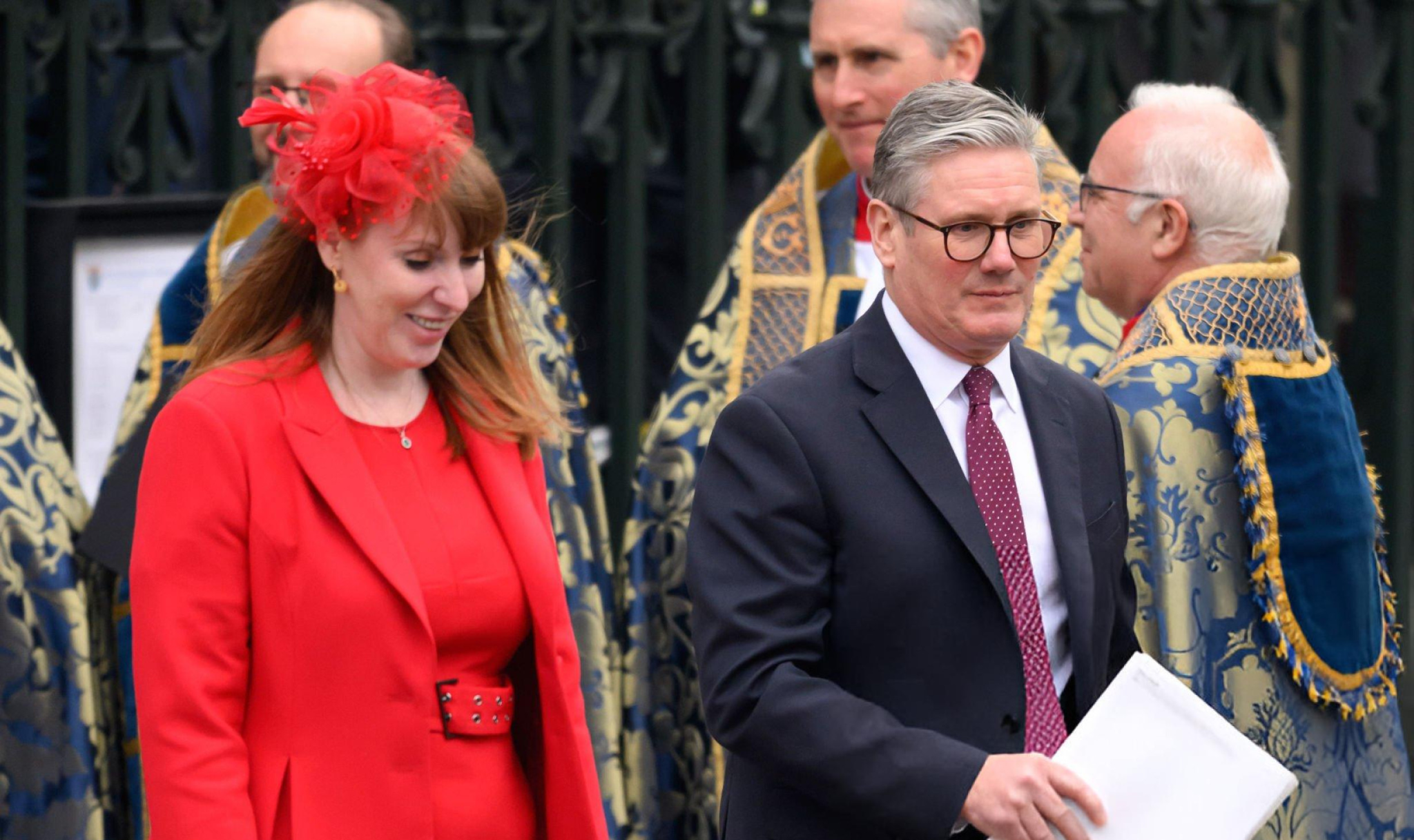UK pride groups suspend political parties from events in protest over trans rights
In a significant move that underscores deepening tensions around trans rights in the UK, four of the country’s largest and most prominent Pride organisations have announced the suspension of all political parties’ participation in their events. Birmingham, Brighton, London, and Manchester Prides have collectively declared that political parties will no longer be welcome at their parades or celebrations in an official capacity, citing the need for “unequivocal solidarity” with the transgender community.
The decision comes in the wake of a landmark Supreme Court ruling which clarified that the term “woman” in the Equality Act refers exclusively to biological sex. This ruling has been met with mixed reactions, with some campaigners representing lesbian, gay, and bisexual individuals welcoming the decision as a reinforcement of single-sex spaces. However, others have expressed deep concerns over the impact it could have on the transgender community, warning that it could further marginalise trans people and restrict their access to vital services.
In a strongly worded joint statement, the group of Pride organisers said: “We are witnessing a disturbing global trend where LGBTQ+ rights are being systematically rolled back. The UK must not follow this path of regression. Instead, it must rise as a global leader in human rights and equality.”
The organisers said the Supreme Court ruling “underscores the urgent need for immediate action” to safeguard the rights of trans individuals. “In this moment, we choose to stand firmer, louder, and prouder in demanding change that protects and uplifts trans lives,” they added, emphasising that the exclusion of political parties is a “refusal to platform those who have not protected our rights.”
The legal case that triggered the ruling began in 2018 when the Scottish Parliament passed legislation intended to ensure gender balance on public sector boards. Advocacy group For Women Scotland challenged the inclusion of transgender women in the female quota, leading to the Supreme Court’s clarification that “woman” refers only to biological women under the Equality Act.
Following the decision, gender-critical groups such as Scottish Lesbians, a grassroots campaigning group, welcomed the ruling. The group told the BBC that they were “very relieved” that the court had upheld what they viewed as the rights of lesbians as “same-sex attracted women,” while also expressing disappointment that Pride events had “once again abandoned lesbians.”
In response to the ruling, various organisations across the UK, including those in sport and politics, have updated their policies on single-sex spaces, teams, and services. The Equality and Human Rights Commission (EHRC) also issued interim guidance stating that access to single-sex spaces such as toilets and changing rooms must be based on biological sex, regardless of whether an individual holds a Gender Recognition Certificate (GRC). The EHRC clarified that under the Equality Act, a trans woman is considered a biological man, and a trans man is considered a biological woman. Nevertheless, Supreme Court judge Lord Hodge reiterated that transgender individuals are still protected under the law from discrimination.
The decision by the four leading Pride groups affects some of the UK’s most popular Pride events, which together attract over one million attendees annually. The organisers have called for sweeping changes, including full and enforceable protections for trans people under the Equality Act, quicker and more dignified access to NHS gender-affirming healthcare, reforms to the gender recognition process, and increased funding for trans-led organisations.
Birmingham Pride had already taken the step to exclude some political parties, a move mirrored by Belfast and Southampton Pride events. Pride events have historically welcomed political parties, with senior politicians such as Sir Keir Starmer, Sir Ed Davey, Carla Denyer, and Boris Johnson attending in recent years to demonstrate their support for LGBTQ+ rights.
However, the decision has not been universally welcomed. LGBT+ Lib Dems expressed outrage at the blanket suspension, stating they were “sickened to our core” and criticised Pride organisers for grouping all political parties together without distinction. The group said they hoped to engage in constructive dialogue with the organisers to resolve the situation and ensure their participation could continue in future events.






